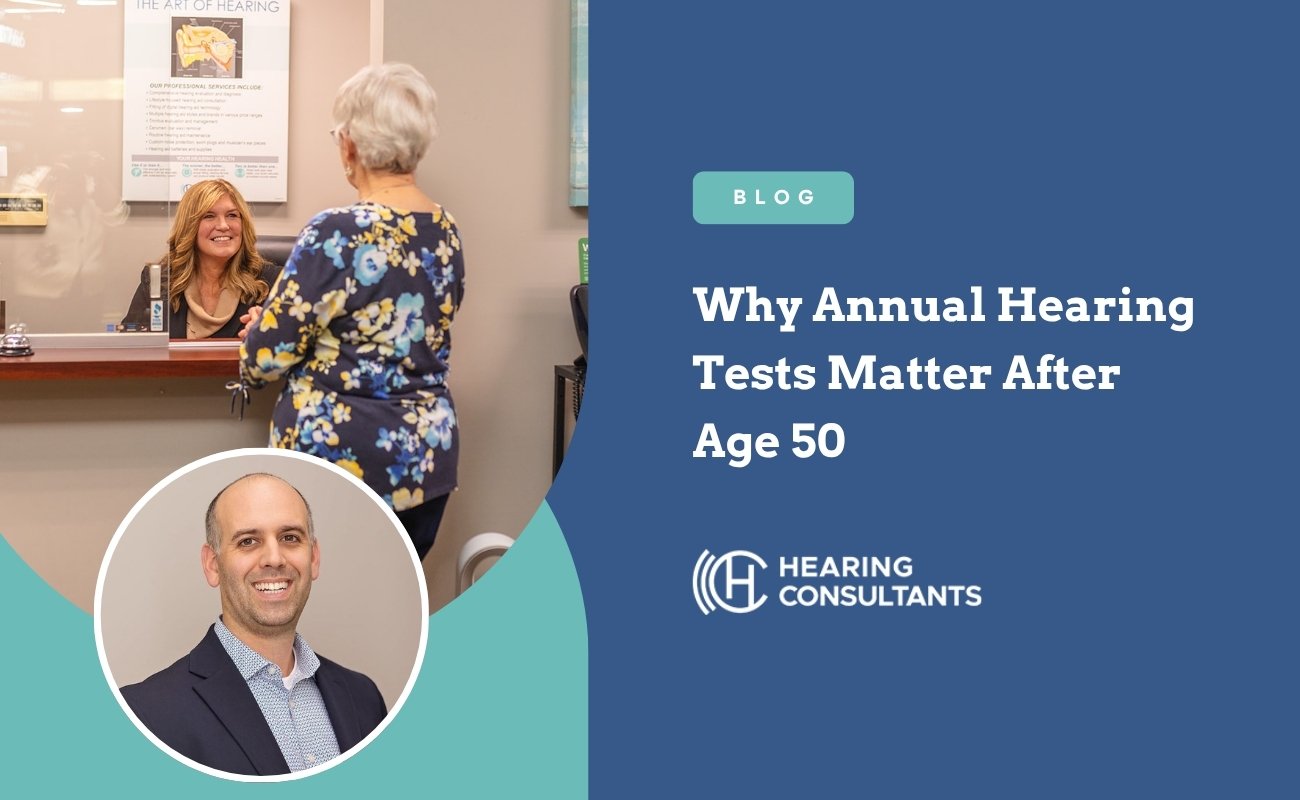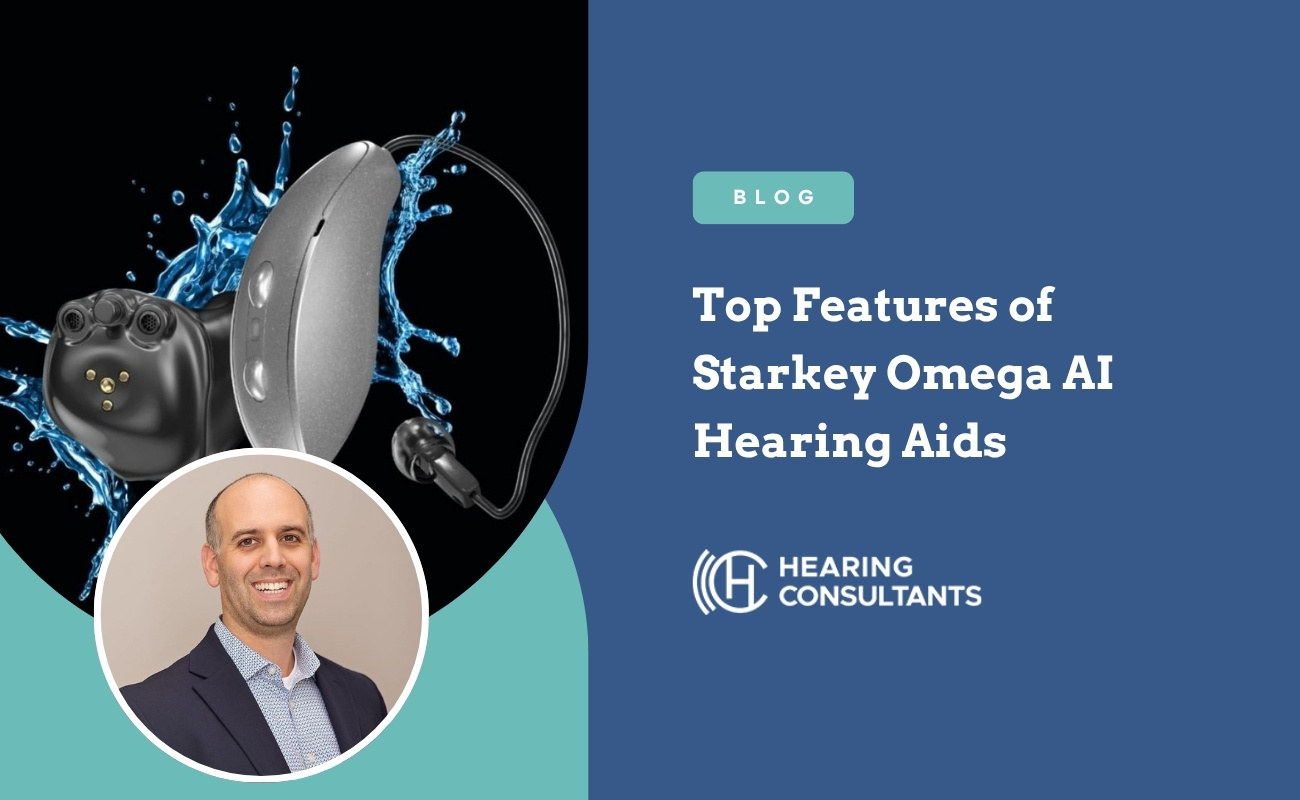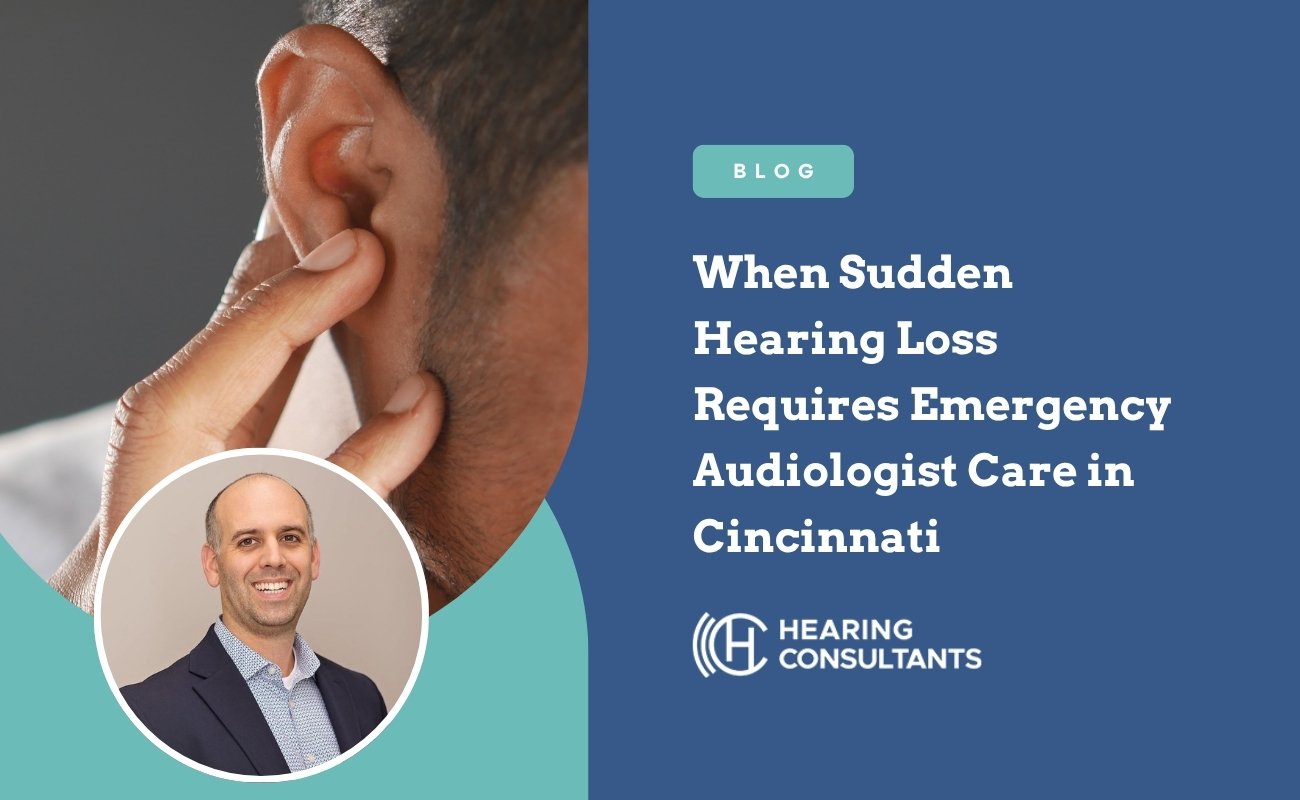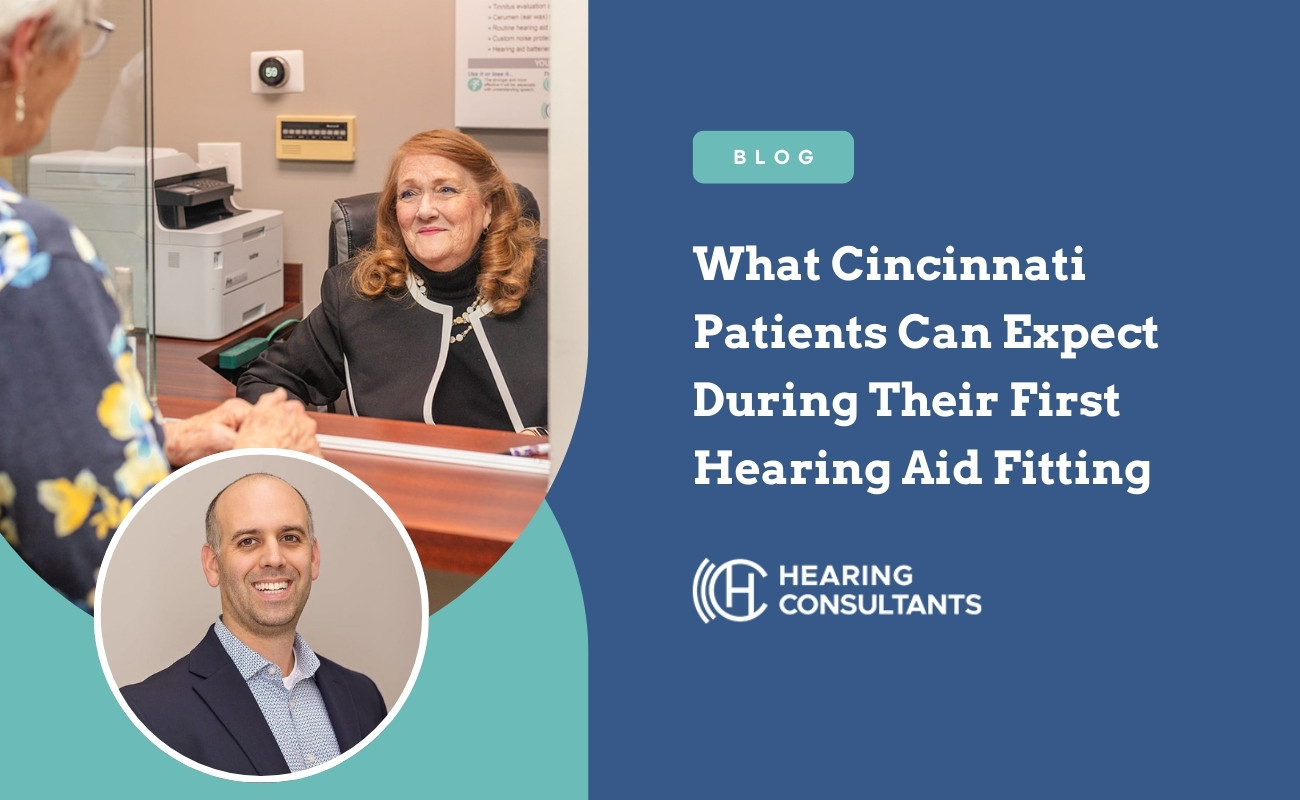Everyday Activities That Could Harm Your Hearing
Hearing loss is not just an issue with our ears but affects how we connect to the people in our lives. When our hearing suffers it becomes difficult to keep up with conversations that make us feel involved and connected. As hearing loss progresses and communication breaks down people often become depressed, anxious around social interaction, struggle with sleep, and self-isolate. The important thing to remember is that hearing loss is often avoidable. When we understand instances that can put our hearing in risk of damage, we can take proper precautions to avoid permanent hearing injury.
Noise induced hearing loss
There are many factors that can damage your hearing over time. The most prevalent cause of hearing loss for people of all ages is caused by exposure to excessive levels of noise. Sound is measured in decibels and any sound that crosses the threshold of 85 decibels can damage your hearing over time. This can add up if you are exposed day after day in a work environment. This is why the Occupational Safety and Health Administration requires employers to provide hearing protection for any worker exposed. After working the same job for 10 years you can have developed serious hearing damage if proper protection is not worn. However, as the decibel level climbs the speed in which your hearing incurs damage becomes quicker and more severe. While there are high instances of hearing loss from noise exposure in work settings, many causes of noise induced hearing loss happen while we are engaging in recreational activities.
Recreational activities that put your hearing at risk
Public events: Many of the activities we love to do can permanently damage our hearing. For instance, the sound of a nightclub or concert can soar to decibel levels over 100 dBA easily. Similarly, some stadium sports events have been recorded higher than 130 decibels, which is loud enough to damage hearing instantaneously.
Motorcycles: Another way to cause damage to your hearing quickly is when riding a recreational vehicle like a motorcycle. The decibel rises very quickly as you reach speeds up to 70 miles and spend hours on the highway, with engine noise and the sound of the wind.
Hunting and Shooting: Hunting can be a great way to connect to the outdoors and may even provide a meal in the process. However, guns pose a huge risk to our hearing. Sound level meter measurements have recorded peak noise levels during gunfire at levels greater than 160 dBA, which can instantaneously damage hearing. Make sure to wear proper hearing protection whenever handling a firearm.
Headphones and Earbuds: One of the most common threats to the hearing of people of all ages are personal listening devices which send sound directly to your ears via headphones or earbuds. This practice has become so commonplace that many people put their ears at dangerous levels of exposure without ever realizing. Headphones can send sounds to your ears at levels over 100 dBA. Because of endless streaming possibilities of audio information available the length of time that people listen can contribute to serious hearing loss in only a couple of years. This poses a real threat to the hearing of a younger generation. To ensure that you are listening at a safe level, it is important to keep the potential volume of your personal listening device below 60% of its potential volume. It is also important to make sure to take listening breaks, which can give your ears a moment to recover from the sound.
Treating Hearing Loss
While noise-induced hearing loss is irreversible it can be treated rather effectively with hearing aids or cochlear implants. Hearing aids amplify the sounds you struggle with and send the audio information to your inner ear to be more easily registered. Hearing aids can make it easier for you to converse with the people in your life who make you connected.
If you suspect that you or someone you care about is dealing with hearing loss make sure to set up a hearing test as soon as possible. The sooner you deal with a hearing loss, the sooner you can get back to enjoying your life and hearing your best. Contact us today!
Get in touch with
Hearing Consultants
Contact our clinic to schedule an appointment today!







